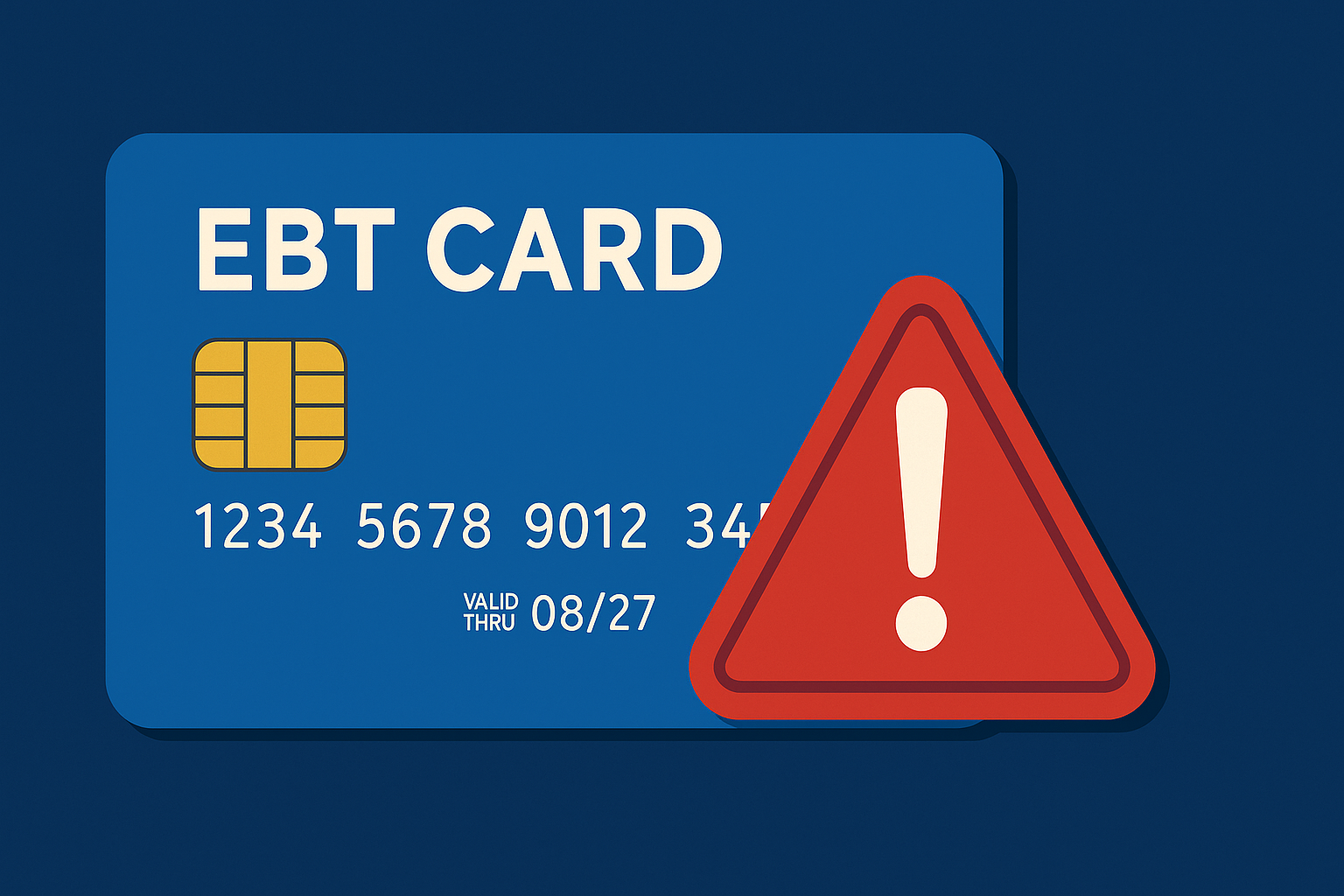The state of Kentucky has revoked SNAP benefits using analyses of shopping behaviors, financial transactions, and other data that, according to critics, do not fully represent the reality of recipients. As a result, many individuals have lost access to food assistance without the chance to explain or defend their situation.
What Data Was Used?
Authorities considered several indicators to decide who would retain or lose benefits: frequent purchases with rounded amounts, failed PIN entry attempts, and consecutive transactions at similar retailers, among others. These signals were interpreted as potentially suspicious activity.
Criticism and Transparency Issues
Recipients and advocacy groups argue that such criteria can be arbitrary or misleading, as they do not account for valid reasons behind these patterns (such as mistakes, financial challenges, or urgent needs). Many affected individuals did not receive clear explanations or opportunities to appeal before losing their benefits.
Human Consequences
For many families, losing SNAP means immediate food insecurity. Households that relied on these funds for basic groceries now face days without adequate food or must turn to food banks. The measure has also created stress and mistrust toward state systems.
Lawsuits and State Responses
Some beneficiaries have filed lawsuits, alleging violations of due process and a lack of transparency in how data was used to determine cuts. State officials argue that the effort is aimed at combating fraud but acknowledge the need to balance fraud prevention with fair access to assistance.
Final Reflection
The use of algorithms and data to determine who deserves social assistance raises serious concerns. In the case of SNAP in Kentucky, many argue that the line between fraud prevention and rights violations is extremely thin. The challenge ahead is creating a system that is fair, transparent, and humane.
